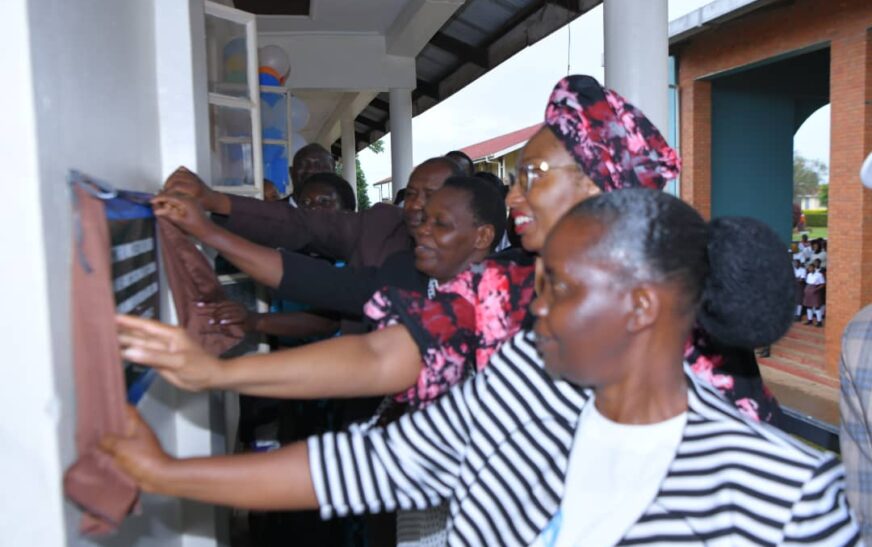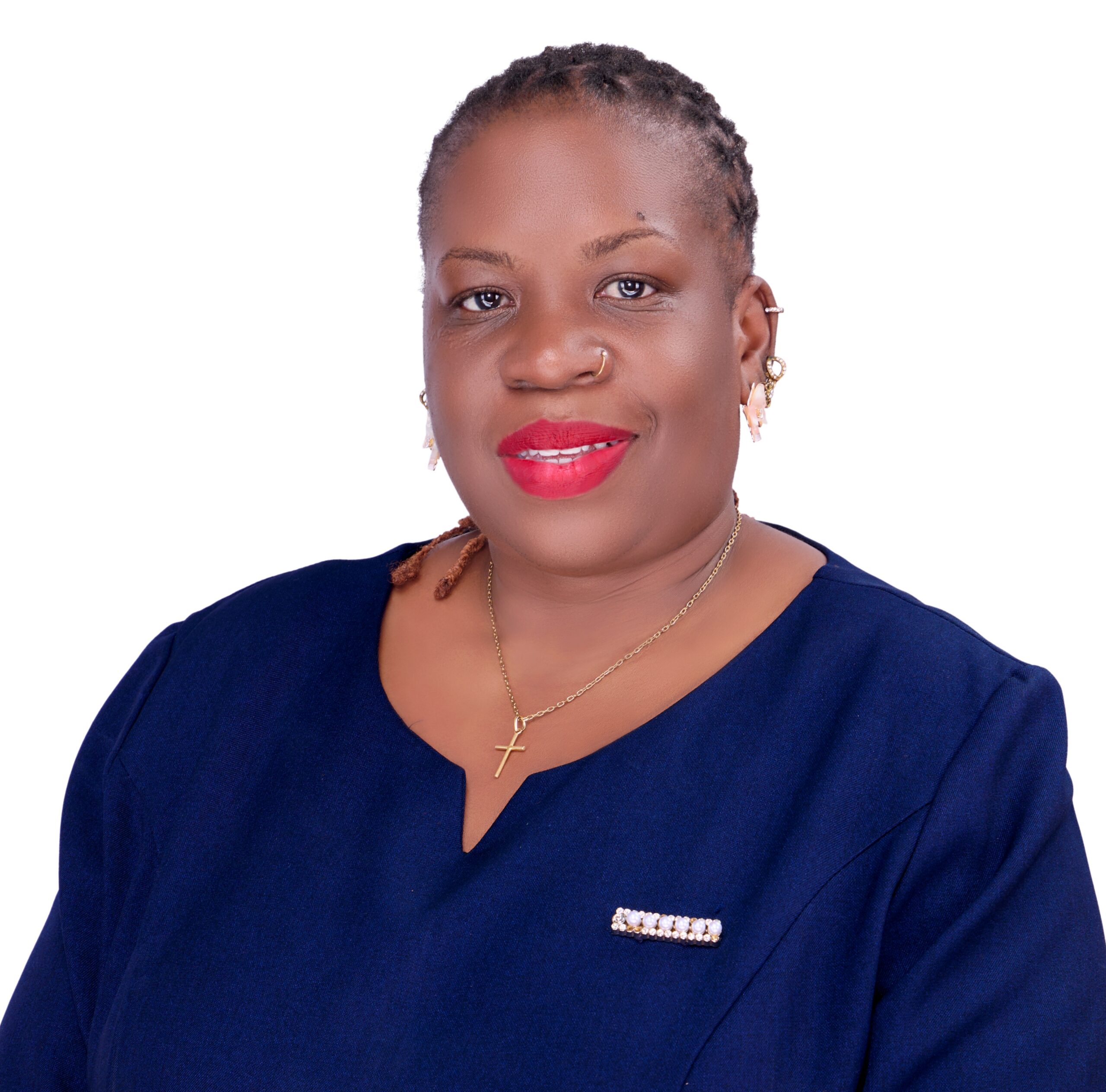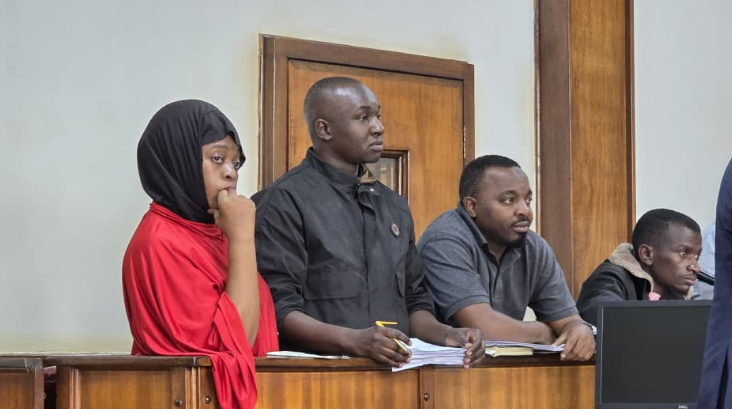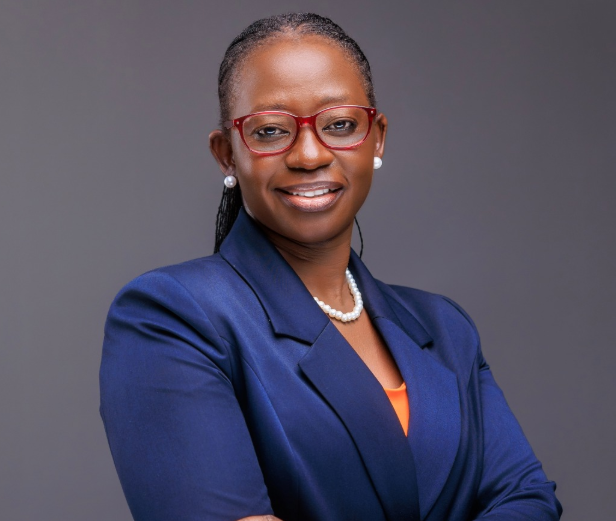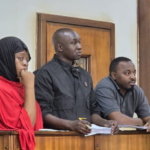UN Women, in partnership with the African Union Commission (AUC), the International Telecommunication Union (ITU), and the Government of Uganda, has inaugurated a new African Girls Can Code Initiative (AGCCI) ICT Hub at Kyebambe Girls’ Secondary School in Fort Portal, marking a major step in advancing digital inclusion for young women in Uganda’s Rwenzori sub-region.
The state-of-the-art hub, equipped with 60 computers, will serve as a training, innovation, and mentorship centre for girls and young women to acquire digital literacy, coding, and ICT skills, preparing them for future careers in science, technology, and innovation. It follows the first regional AGCCI ICT Hub established at Wanyange Girls’ Secondary School in Eastern Uganda.
Speaking at the inauguration, UN Women Uganda Deputy Country Representative, Ms. Adekemi Ndieli noted that empowering girls with digital skills is critical to achieving gender equality and sustainable development.
“When girls are given access to technology and opportunity, they do not just participate—they lead. The AGCCI hubs are ensuring that no girl is left behind in Uganda’s digital transformation,” she said.
Since 2018, the AGCCI programme—jointly implemented by UN Women, AUC, and ITU with support from GIZ—has trained over 2,000 girls across Africa, including 240 in Uganda under Phase III. The initiative directly contributes to SDG 4 (Quality Education) and SDG 5 (Gender Equality) and supports Uganda’s Vision 2040 and National Development Plan IV.
Results from recent evaluations show the programme’s transformative impact: Girls who had never used a computer are now coding and designing websites, Communities are embracing girls in ICT, and vocational institutions report rising female enrolment.
UN Women will continue to strengthen mentorship networks, foster university and private sector partnerships, and advocate for the institutionalization of AGCCI in national education systems. The organisation also acknowledged Mountains of the Moon University for hosting the AGCCI Coding Camp earlier this year and supporting girls’ digital learning.
“The future of Uganda’s innovation ecosystem depends on investing in girls’ digital skills,” added Ndieli. “Today’s inauguration is more than an event—it is a commitment to building a more inclusive, tech-driven future for all.”

